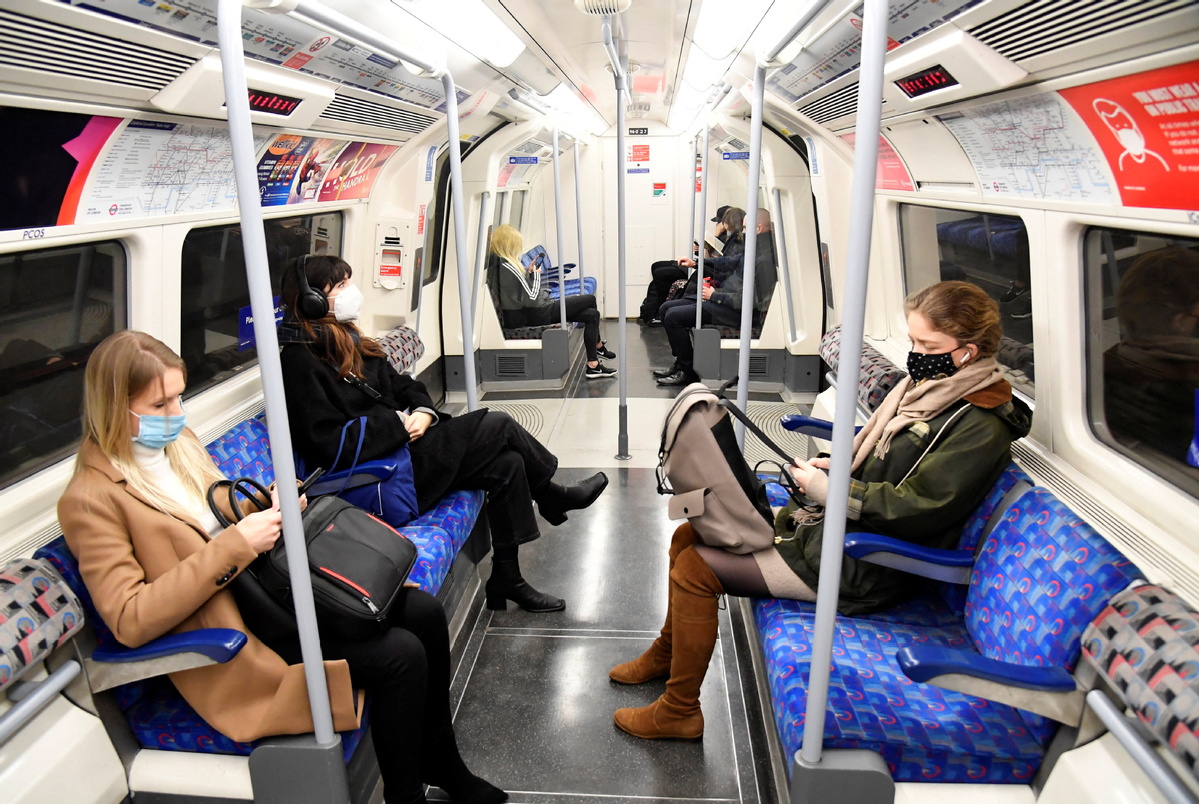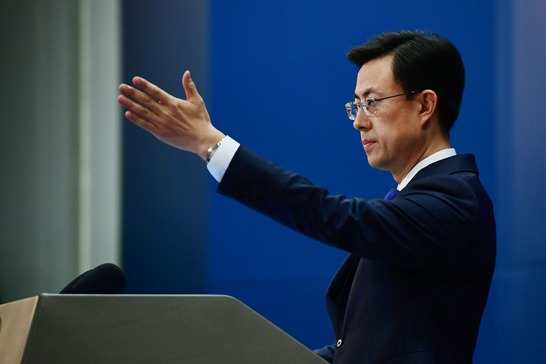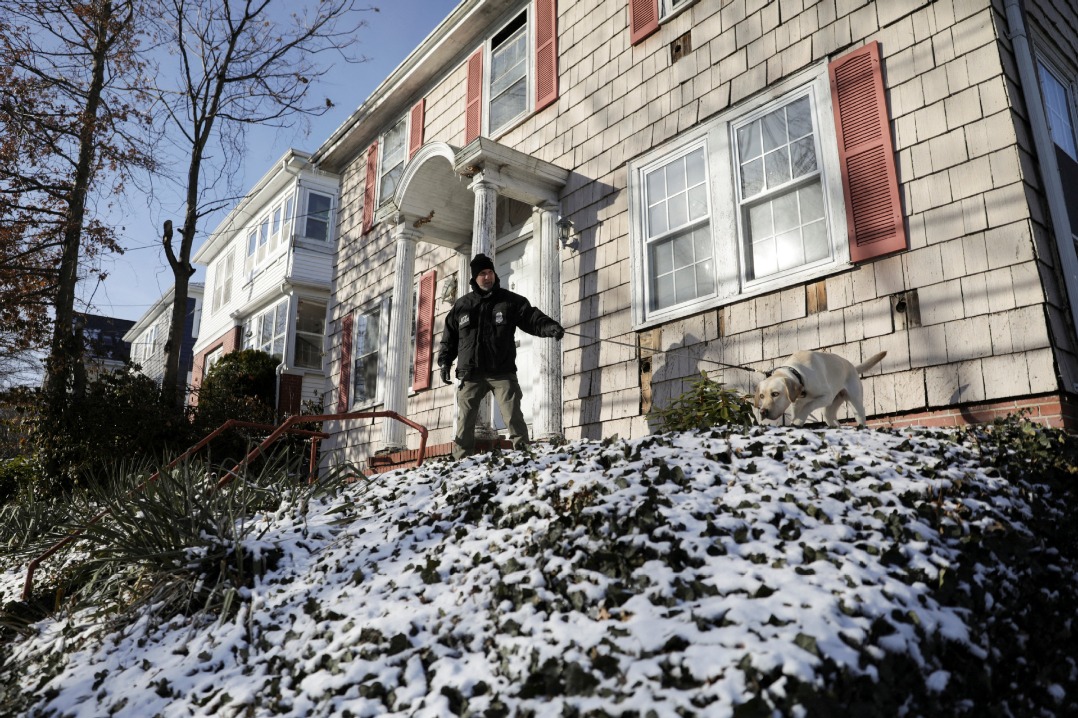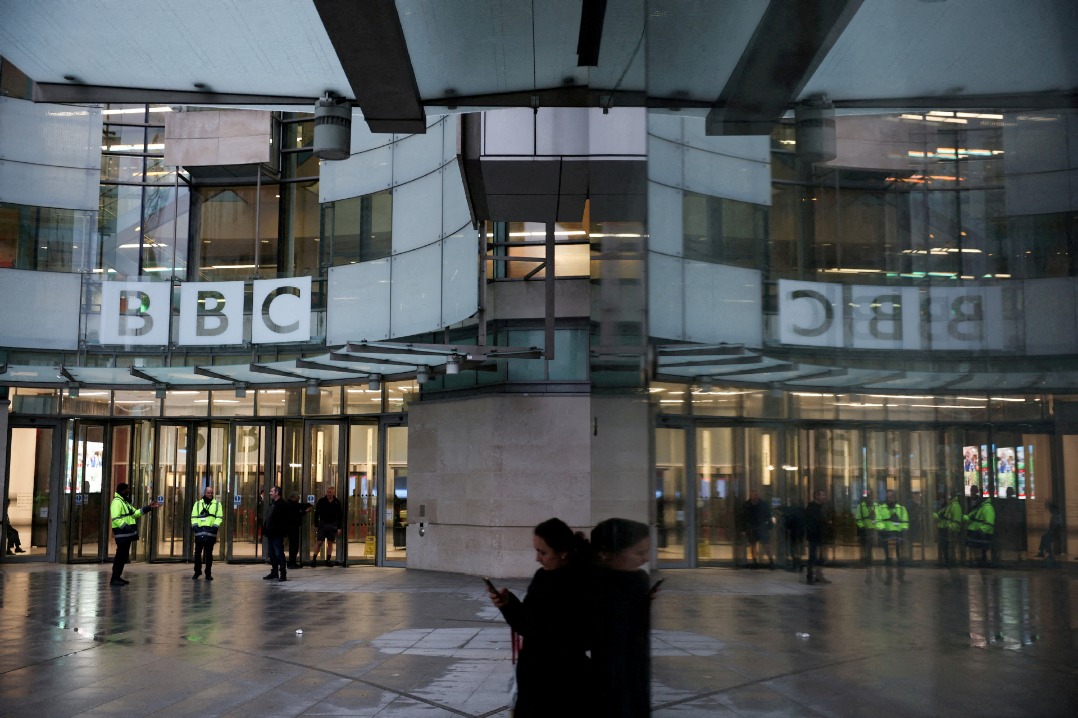Fears grow that strikes will devastate the UK's train services this summer


Concern is growing that Britain could be paralyzed by major industrial action on the country's railway network in the summer.
In addition to the disruption to regular passenger services, there are fears that businesses, including those in the energy sector and supermarkets, could be hit, and the issue is reported to be high on the agenda at the next meeting of Prime Minister Boris Johnson's Cabinet.
The National Union of Rail, Maritime and Transport Workers, or RMT, is currently in the middle of a ballot of its members over plans by Network Rail, the government-backed infrastructure organization that maintains tracks, signals, and other such important elements, to shed at least 2,500 maintenance jobs as part of a huge cut in expenditure.
Workers at some train operating companies are subject to pay freezes, despite predictions that inflation could hit double figures later in the year, and have also had some of their terms and conditions changed.
RMT sources told The Guardian newspaper the ballot was the biggest it had carried out since it formed in 1990, and with voting due to close on May 24, potential strike action could start as early as next month.
In the March issue of the RMT newsletter, the union's assistant secretary general, Eddie Dempsey, wrote: "The union is looking at industrial action and even civil disobedience if we have to in order to alert the membership and the general public about the effects of the cuts coming down the line."
The Daily Telegraph quoted a Department for Transport spokesman as saying: "The pandemic has changed the railway for good with passenger numbers plummeting."
RMT chief Mike Lynch said job cuts and poorer conditions for his members, leading to a "dehumanized, AI-controlled, dystopian network that severely disadvantages disabled people, the elderly, and women travelling alone at night", were not in the public interest.
"We believe in modernizing the railways but we do not believe in sacrificing thousands of jobs, constant pay freezes, or making the railways unsafe," he continued.
"That is what government plans will mean for the railways if RMT and other transport unions don't mount a comprehensive defense of the industry."
A cross-departmental government task force has been set up to look at ways to manage potential problems.
What raises the stakes is that it is not just train operating companies that face strike action, but also Network Rail. Although it may be possible for operators to run at least some reduced services during strike action, the impact of signal workers stopping work would be far more hard-hitting.
"The big challenge for the government will be a Network Rail strike, which, frankly, is why there hasn't been one since 1994," a source told The Telegraph. "That's the one where the government's nerve is going to be tested."
































